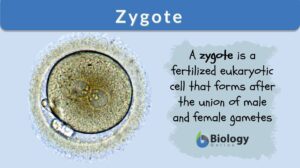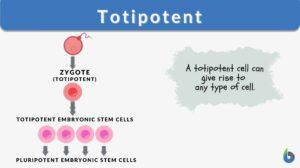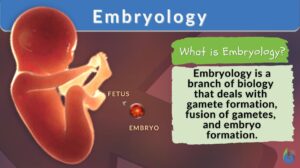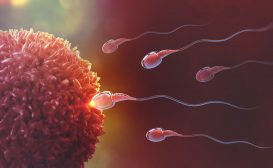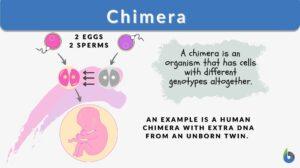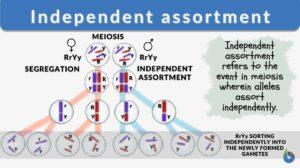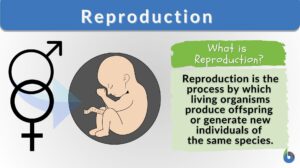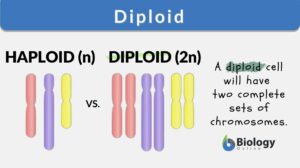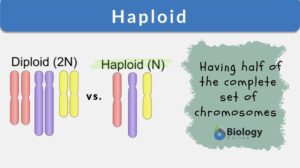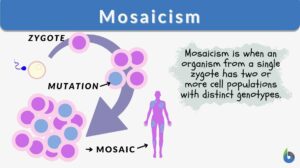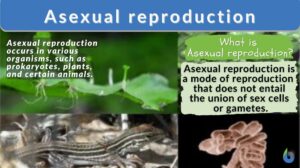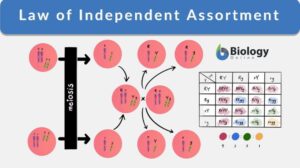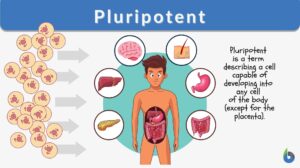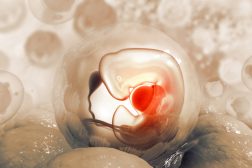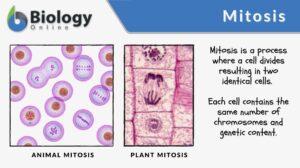Search Results for: zygote
Sexual reproduction
Sexual reproduction is a mode of reproduction involving the fusion of haploid female gamete (egg cell) and haploid male... Read More
Cell differentiation
Cells are often described as the building blocks of life as they are the smallest unit used to build up organisms. Cells can... Read More
Totipotent
Totipotent Definition What is totipotent? In general terms, totipotency is defined as the ability of a single cell to... Read More
Embryology
Embryology Definition Embryology is a branch of biology that deals with the topics concerning gamete formation... Read More
Human Reproduction and Fertilization
For the human species to continue surviving, it is essential that mature adults are capable of producing fertile offspring... Read More
Meiosis and Alternation of Generations
Review of Mitosis: Cell Cycle The cell cycle contains the process in which cells are either dividing or in between... Read More
Independent Assortment
Independent Assortment Definition Independent assortment refers to the alleles or genes that sort into the newly formed... Read More
Monozygotic twins
Monozygotic Twins Definition Monozygotic twins are twins that developed from a single zygote. Etymologically, the term is... Read More
Hemizygote
Definition noun, plural: hemizygotes A diploid cell or organism in which there is only one allele present for a particular... Read More
Heterozygote
Definition noun, plural: heterozygotes A nucleus, cell or organism possessing two different alleles for a particular... Read More
Vascular plants
Definition of Vascular plants The term 'vascular' is derived from the Latin word vāsculum, vās, meaning "a container and... Read More
Developmental Biology
Developmental biology is a biological science that is primarily concerned with how a living thing grows and attains... Read More
Reproduction
Reproduction Definition Reproduction is a biological phenomenon of producing offspring/s. i.e. more of its kind. Depending... Read More
Parthenogenesis
To reproduce, by definition, means to produce new offspring. The process is referred to as reproduction, which is one of the... Read More
Conjugation
Conjugation generally means the joining or coming together (union), such as in certain unicellular organisms (some bacteria,... Read More
Bradyzoite
Definition noun, plural: bradyzoites A slowly multiplying cell form in the life cycle of certain Apicomplexans, such as... Read More
Asexual reproduction
Asexual Reproduction Definition What is asexual reproduction? Asexual reproduction is a type of reproduction that does not... Read More
Law of Independent Assortment
Law of Independent Assortment Definition noun (genetics) Mendelian law stating that for every pair of unit factors, each... Read More
Pluripotent
Pluripotent Definition What is pluripotent? In biology, the term "pluripotent" means capable of developing into... Read More
Seed Plants
There are two main subdivisions of seed plants—the ones without covered seeds, the gymnosperms, and the ones with covered... Read More
Human Reproduction
Terminology and Concepts Primary reproductive organs are called gonads - testes in the male and ovaries in the female.... Read More
Growth and Development of a Human Baby
Continued from the initial human reproduction of the previous page in this tutorial. Upon arrival in the uterus, the... Read More
Life cycle
Definition noun The whole life history of an organism, usually depicted through a series of developmental stages (e.g. from... Read More
Dinoflagellate
A dinoflagellate is a flagellate algae characterized by their two flagella of unequal length. One of the flagella is lying... Read More
